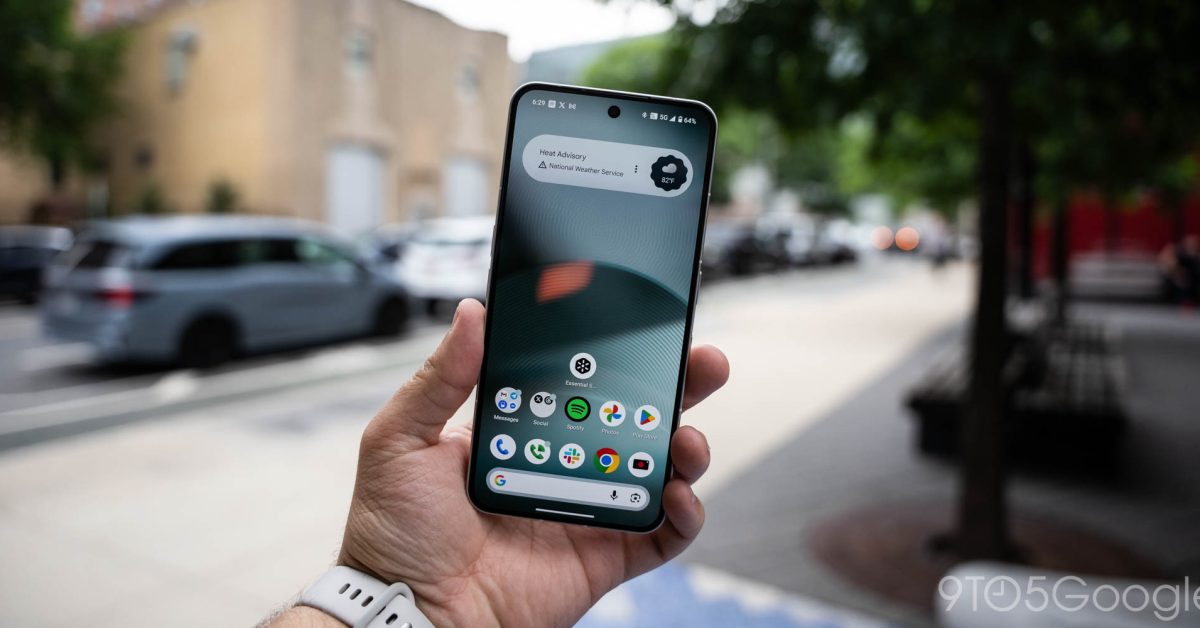
gm will ditch android auto and carplay General Motors (GM) is set to remove Android Auto and Apple CarPlay from an increasing number of its vehicles, extending this decision beyond electric vehicles (EVs) to include future gasoline models, while simultaneously developing a new Gemini-powered assistant.
gm will ditch android auto and carplay
Background on GM’s Shift
In recent years, GM has been at the forefront of automotive innovation, particularly with its push towards electric vehicles. The company has made significant investments in EV technology and infrastructure, aiming to transition away from traditional gasoline-powered cars. This shift has been accompanied by a re-evaluation of in-car technology, including the software platforms that enhance the user experience.
Android Auto and Apple CarPlay have been popular features in many modern vehicles, allowing drivers to seamlessly integrate their smartphones with their car’s infotainment systems. However, GM’s decision to phase out these platforms has raised eyebrows among consumers and industry experts alike. The company has previously announced plans to eliminate these features from its electric vehicles, but the recent expansion of this policy to include future gasoline vehicles marks a notable shift in strategy.
The Rationale Behind the Decision
GM’s decision to remove Android Auto and CarPlay appears to be part of a broader strategy to create a more integrated and proprietary in-car experience. The company is focusing on developing its own software ecosystem, which it believes will offer a more cohesive user experience tailored to its vehicles. This move is also aligned with GM’s ambition to establish itself as a leader in the EV market, where software and connectivity play crucial roles in consumer satisfaction and vehicle performance.
Development of the Gemini Assistant
As part of this strategy, GM is investing in the development of a new virtual assistant powered by Gemini, a technology that promises to enhance the in-car experience significantly. The Gemini assistant is expected to offer a range of features, including voice recognition, personalized recommendations, and seamless integration with various vehicle functions. This assistant aims to provide drivers with a more intuitive way to interact with their vehicles, potentially making the need for third-party applications like Android Auto and CarPlay obsolete.
Implications for Consumers
The removal of Android Auto and CarPlay from GM vehicles could have significant implications for consumers. Many drivers have come to rely on these platforms for navigation, music streaming, and communication while on the road. The absence of these familiar interfaces may lead to a learning curve for users who are accustomed to the convenience and functionality they provide.
Moreover, the shift towards a proprietary system raises questions about compatibility and user choice. Consumers who prefer to use their smartphones for in-car connectivity may find themselves at a disadvantage if GM’s new system does not support their preferred applications or services. This could lead to frustration among users who value the flexibility that Android Auto and CarPlay offer.
Stakeholder Reactions
The automotive industry is closely monitoring GM’s decision, with various stakeholders expressing a range of opinions. Some industry analysts view this move as a bold step towards innovation, suggesting that GM is positioning itself to compete more effectively in the rapidly evolving automotive landscape. By developing its own software ecosystem, GM may be able to differentiate its vehicles from competitors that continue to rely on third-party platforms.
On the other hand, consumer advocacy groups have raised concerns about the potential drawbacks of this strategy. They argue that the removal of widely-used platforms could limit consumer choice and reduce the overall user experience. Additionally, some experts warn that GM’s focus on proprietary technology could lead to compatibility issues with other devices and services, potentially alienating a segment of its customer base.
Market Trends and Competitive Landscape
GM’s decision to phase out Android Auto and CarPlay comes at a time when the automotive industry is undergoing significant transformation. As more manufacturers invest in electric vehicles and advanced connectivity features, the competition for consumer attention is intensifying. Many automakers are exploring ways to enhance the in-car experience through innovative technologies, and GM’s move may be seen as a response to these market trends.
Competitors such as Ford, Tesla, and Volkswagen continue to offer Android Auto and CarPlay in their vehicles, recognizing the importance of these platforms in attracting tech-savvy consumers. As GM forges ahead with its proprietary system, it will be crucial for the company to ensure that its new technologies meet or exceed the capabilities of existing platforms to maintain its competitive edge.
Future of In-Car Technology
The evolution of in-car technology is a key focus for automakers as they seek to enhance the driving experience. With the rise of electric vehicles, the integration of advanced software and connectivity features has become increasingly important. GM’s development of the Gemini assistant represents a significant step in this direction, as the company aims to create a more personalized and user-friendly experience for drivers.
As the automotive landscape continues to evolve, the role of software in vehicles will only become more critical. Consumers are increasingly looking for vehicles that offer seamless connectivity, advanced features, and intuitive interfaces. GM’s decision to remove Android Auto and CarPlay may be a gamble, but it reflects the company’s commitment to innovation and its desire to lead in the future of mobility.
Potential Challenges Ahead
While GM’s strategy may hold promise, it is not without its challenges. The development of a proprietary system requires significant investment in research and development, as well as ongoing support and updates to ensure that the technology remains relevant and competitive. Additionally, GM will need to address potential concerns from consumers regarding the usability and functionality of its new assistant compared to established platforms.
Furthermore, as the automotive industry continues to embrace connectivity and automation, GM must navigate the complexities of data privacy and security. Consumers are increasingly aware of the implications of sharing their data with automotive manufacturers, and GM will need to demonstrate a commitment to protecting user information while providing valuable services through its new assistant.
Conclusion
GM’s decision to remove Android Auto and CarPlay from its vehicles marks a significant shift in the company’s approach to in-car technology. By focusing on the development of a proprietary system powered by the Gemini assistant, GM aims to create a more integrated and personalized experience for drivers. However, this strategy comes with risks, including potential backlash from consumers who value the convenience of existing platforms.
As GM navigates this transition, the automotive industry will be watching closely to see how the company balances innovation with consumer expectations. The success of GM’s new technology will ultimately depend on its ability to deliver a compelling user experience that meets the needs of modern drivers.
Source: Original report
Was this helpful?
Last Modified: October 26, 2025 at 5:39 am
3 views















